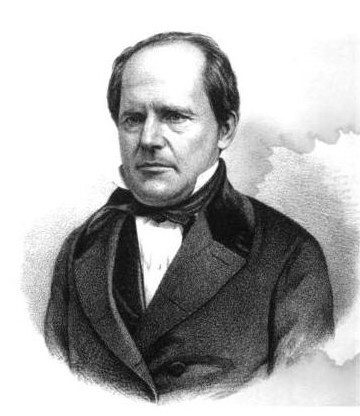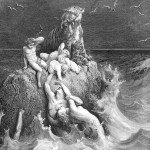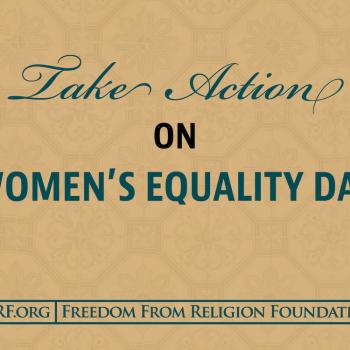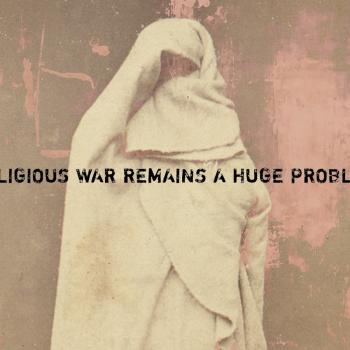House Judiciary Committee Report, March 27, 1854

“At the time of the adoption of the Constitution and the amendments, the universal sentiment was that Christianity should be encouraged. …In this age there can be no substitute for Christianity. …That was the religion of the founders of the republic and they expected it to remain the religion of their descendants.” –House Judiciary Committee Report, March 27, 1854
VERDICT: Deliberately Altered
“At the time of the adoption of the Constitution and the amendments, the universal sentiment was that Christianity should be encouraged, not any one sect.
[The ellipsis Hobby Lobby inserted here represents 1,601 omitted words.]
In this age there can be no substitute for Christianity: that, in its general principles, is the great conservative element on which we must rely for the purity and permanence of free institutions. That was the religion of the founders of the republic and they expected it to remain the religion of their descendants.” –House Judiciary Committee Report, March 27, 1854
The first sentence of this quote is very similar to a quote by Justice Story, only Justice Story was much more circumspect than the House Judiciary Committee that butchered his words:
Probably at the time of the adoption of the constitution, and of the amendment to it, now under consideration [the First Amendment], the general, if not the universal, sentiment in America was, that Christianity ought to receive encouragement from the state, so far as was not incompatible with the private rights of conscience, and the freedom of religious worship. An attempt to level all religions, and to make it a matter of state policy to hold all in utter indifference, would have created universal disapprobation, if not universal indignation.
Joseph Story, Commentaries on the Constitution § 1868 (1833) (emphasis added).
So, to suit its own ends, Hobby Lobby distorted a quote from a House Committee Report, from a portion which in turn had cannibalized and distorted a quote from a Supreme Court Justice (who Hobby Lobby misquotes elsewhere in their July 4 ad). It’s like a game of telephone.
Finally, the Supreme Court has explicitly rejected this narrow constitutional interpretation of Justice Story’s: “At one time it was thought that this right merely proscribed the preference of one Christian sect over another, but would not require equal respect for the conscience of the infidel, the atheist, or the adherent of a non-Christian faith such as Islam or Judaism. But when the underlying principle has been examined in the crucible of litigation, the Court has unambiguously concluded that the individual freedom of conscience protected by the First Amendment embraces the right to select any religious faith or none at all.” Wallace v. Jaffree, 472 U.S. 38, 52-54 (1985). In a footnote after the first sentence, the Court references the first part of Hobby Lobby’s quote, which the Court then rejects in the next sentence.
Source: H.R. Rep. No. 124, 33d Cong., 1st Sess. (1854). Here’s a reprinting of the report.















